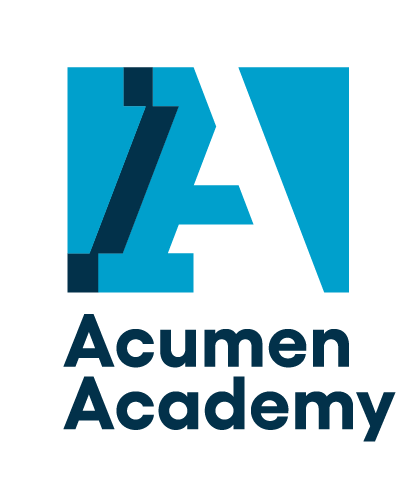How to build a balanced board?
Mahesh, a senior Acumen leader, offers grounded advice on building a dynamic board - who to bring in early, why balance matters, and how the right voices can shape your company’s future
Featured speaker

Mahesh Yagnaraman
India country director, Acumen

Mahesh Yagnaraman
India country director, Acumen
Transcript
Mahesh Yagnaraman, India country director, Acumen
Early stage entrepreneurs should have on their board people who are from various [backgrounds], who cover various aspects of the company's work.
One is, I think they should be from the field, from the areas in which they operate. They should be from the industry. They could be people who are working with people. They know how to guide a team. They can coach. You should have those people who are advisory in nature first, and then should definitely have some investors and funders because they will bring discipline.
Also, a person who is good in finance can guide them on finance and compliance. Quite often, I think that is an aspect which they should focus [on] a lot as they scale, because that is very important for various things, including not just compliance, but also the fact that people can keep track of the company, how it is performing, etc.
If I were to do a priority, an early stage entrepreneur should look at the area, the business area, or the industry in which they operate, or the category in which they operate.That should be a big focus. I think it helps a lot because there will be an outside view.
Second is finance and aspects of financial management.
And the third could be to, if they can even get people who can guide a senior team or guide a junior team, and [help] them grow on how to handle [growth] as the company grows, and [act] like a coach — the talent side of the aspect of these three [coming together].
And then, of course, the investors and funders are anyway going to come on the board, because they will come on the board, because they have funded the enterprise.
I want to share from my own personal experience of running a company. And if I could go back and fix it, this is what I would do. And when I talk about the board, I had predominantly funders and investors on my board. And I didn’t have anyone else. I didn’t have someone who could advise me about other things, who could advise me about the context of the business, and the overall growth or the future, etc.
And investors and funders were also the know-all, which meant that it was a very, at times, a relationship which had a lot of strain because it was always a funder versus me. And I perceived it like that. And I think I did not handle that well at all, because if they are funders and investors, I am thinking about what answers I have to give them in the [board] code.
So, in retrospect, if I could fix something, I would have fixed that upfront — that I had others, not just funders on the board.
Key takeaways
Build a board that includes industry experts, finance professionals, and leadership coaches.
Before funders and investors join the board, seek people with advisory nature.
Be mindful of your board seats, just because an individual is funding you they don’t need to be on your board.
